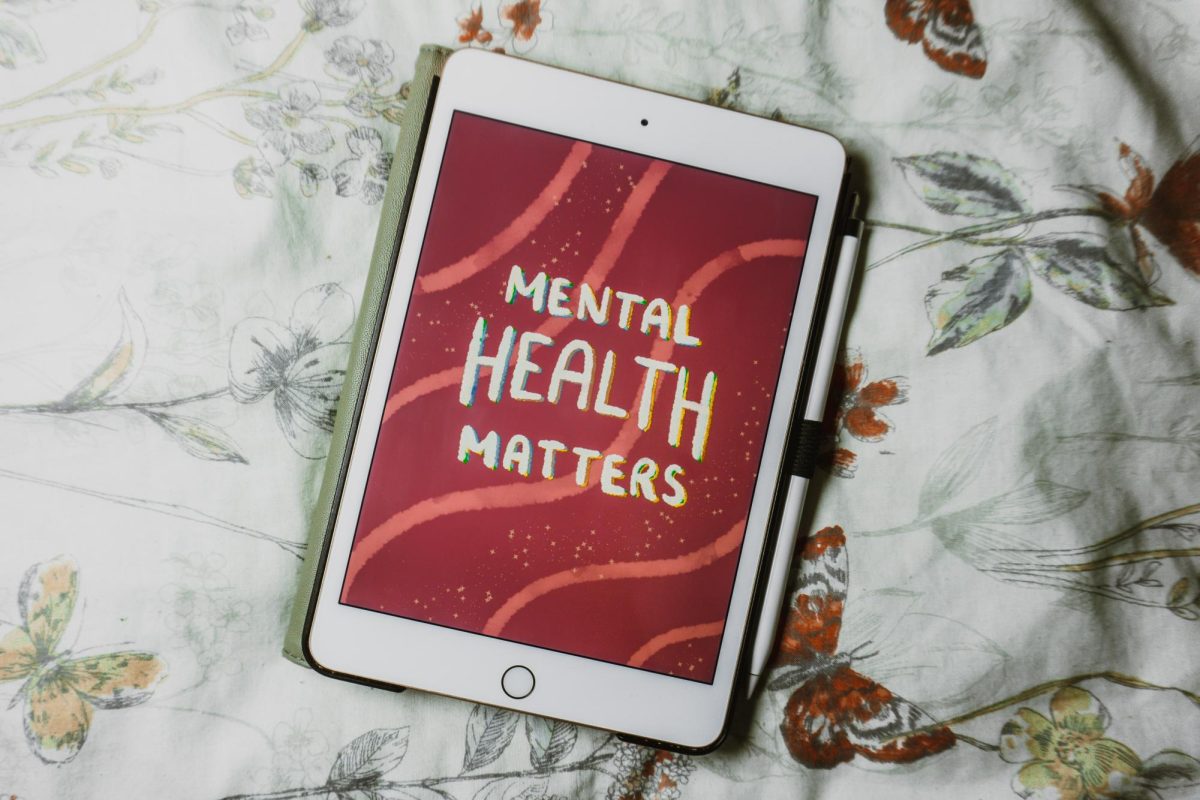When you hear the words mental health, an image of someone with severe depression or anxiety might come to mind.
But mental health isn’t so different from the health of your body. Similar to taking precautions such as stretching before a big game or washing your hands before you eat, you can do things to protect your mental well being as well.
Since COVID-19 struck three years ago, a ripple effect has occurred connecting teens and negative mental health. As an easy-going summer spent suntanning and hanging out with friends comes to an end, keeping a focus on your mental health must become a priority. Jeanie Haupt, the Windsor High School’s social emotional counselor, helps Windsor students on a daily basis.
“Students can easily get overwhelmed if they don’t plan and organize what’s going on in their life,” Haupt said.
Sports, clubs, a job, schoolwork and more can all feel like a lot to juggle. Scheduling activities and prioritizing time to unwind is an essential skill. Things like procrastination add unnecessary stressors to your life, but can easily be avoided.
“I have seen a huge jump in mental health concerns since COVID. Depression and anxiety run rampant, teenagers haven’t learned how to cope yet,” Haupt said.
Coping mechanisms are a skill useful to anyone who struggles with stress or mental illness; however, it isn’t often taught to students. Haupt gave several mechanisms to help cope with mental health issues.
Reach Out to Your Support System
Social connection is an essential part of keeping our brain happy, so it’s important to make it a priority. Both introverts and extroverts can benefit from reaching out to someone they are close with. Friends, family, teachers, and counselors are all open resources to talk to. Sharing your worries with people you can trust will lift a heavy burden off your shoulders. Take a minute right now to reach out to someone you haven’t talked to in a while.
The Habits of Your Mind
People, especially teenagers, tend to look at only the negative aspects, and it’s not realistic. Finding the positives in every situation makes a big difference. How you speak to yourself and others will impact your mental health, and like anything, it is a skill that can be learned and improved. Next time you find yourself thinking negatively, try to rephrase it to be more positive about your situation.
Breathe Deeply: Calm App
One app that is highly recommended as a coping mechanism is the Calm app, found for free on the app store. Taking time to let your mind unwind and relax helps you from getting overwhelmed.
Celebrate the Little Things
Studies show that being grateful reduces stress and anxiety. Try being grateful for the small wins and being thankful for the things you do have, there is a lot more good in the world than you realize. Being grateful for things you don’t normally think about like having a roof over your head or being able to get out of bed in the morning puts your problems into a different perspective. Cheering for small victories that normally go unnoticed like passing a test can help you see not everything is as bad as it seems. Try writing down things you are grateful for, it can help you stay positive during difficult times.
“At the end of everything, there is a good,” Haupt said.



















